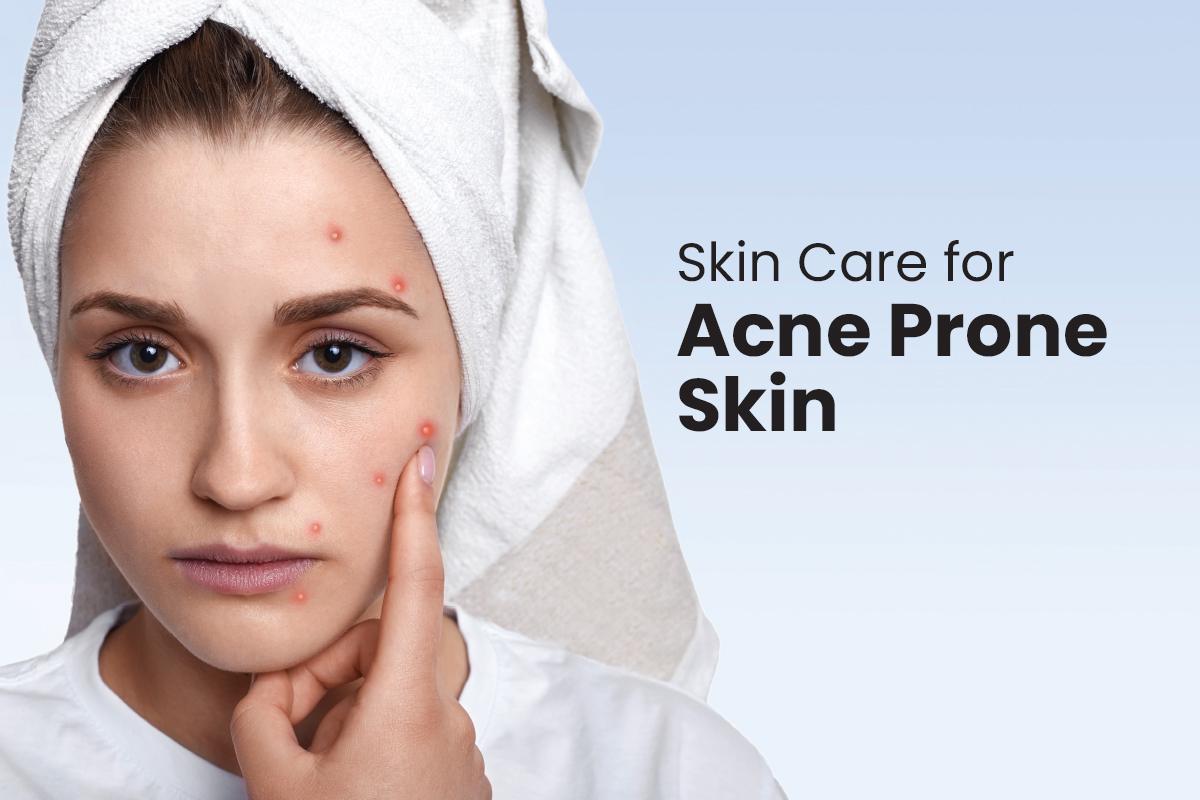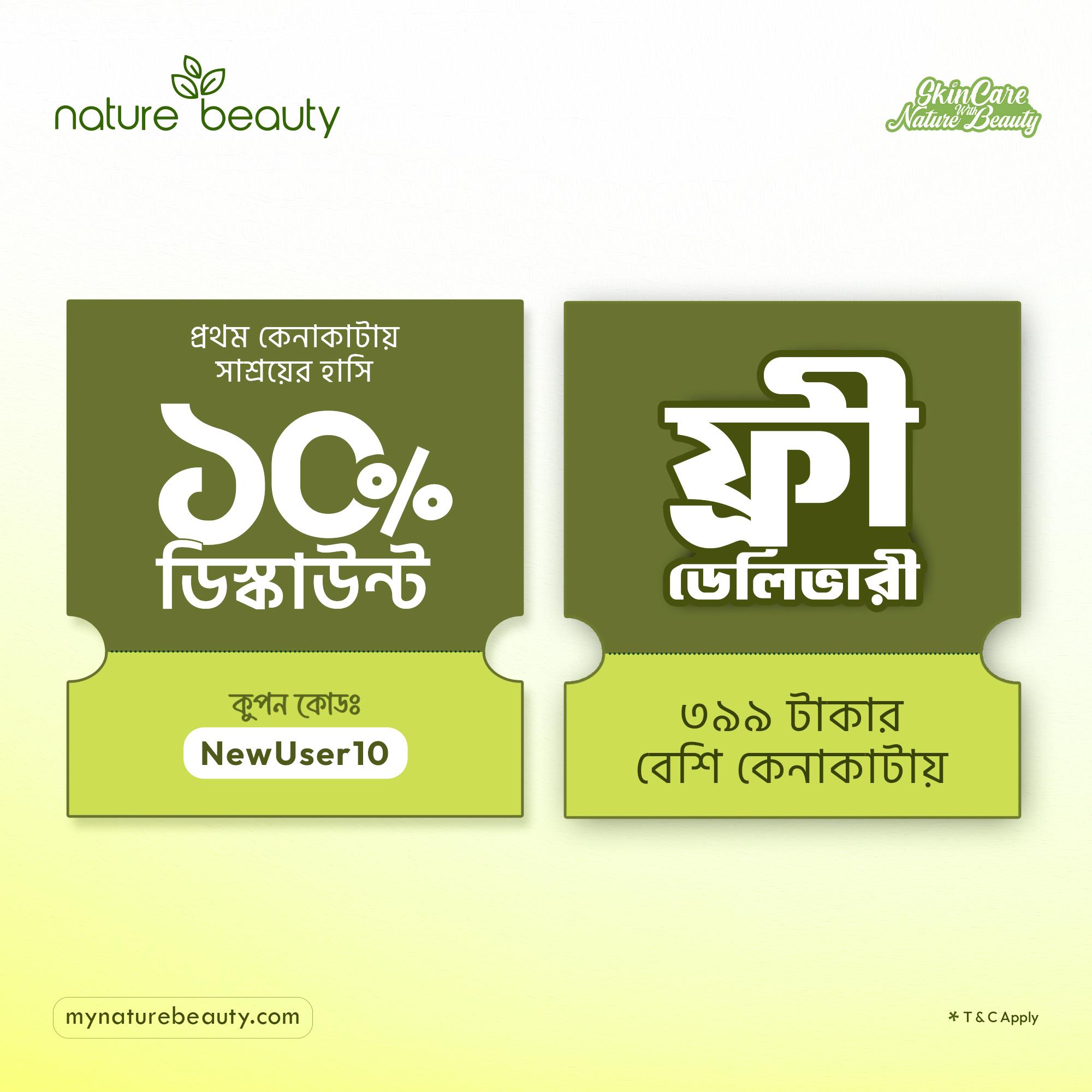Discover Natural Beauty Tips
Skin Care for Acne Prone Skin

Acne is a persistent concern for many of us. While it’s commonly associated with oily skin, acne can actually affect all skin types. The factors contributing to acne are complex and varied, and it’s not always as simple as using the wrong products. Our skin is constantly interacting with our environment, and acne can be a result of these interactions. This makes it essential to provide our skin with specialized care.
What is Acne?
Our skin is full of tiny pores that help our bodies release sweat and sebum. This process helps regulate body temperature and keeps our skin healthy. When these pores become clogged with excess oil, dirt, and dead skin cells, it can lead to the formation of bumps or inflammation, which is essentially acne. Acne can range from small, superficial bumps to larger, painful cysts. Inflammatory acne, such as papules (hormonal and fungal acne), pustules, nodules, and cystic acne, can be deep and painful. Non-inflammatory acne, on the other hand, is typically smaller and more superficial, without significant pain or inflammation, such as blackheads and whiteheads.
What are the causes of acne?
Acne can manifest in various forms due to-
Environmental Factors: Dust, dirt, humidity leading to sweat, excessive sebum production, and dead skin cells can clog pores and contribute to acne problems.
Inadequate Facial Cleansing: Not properly cleansing the face at the end of the day can exacerbate acne problems.
Hormonal Changes: Hormonal fluctuations during puberty, pregnancy, or menstruation can contribute to acne breakouts.
Consumption of Oily Foods: Excessive consumption of fried and fatty foods can trigger acne.
Stress: Stress, depression, and fatigue can also contribute to acne development.
What to Do When You Have Acne?
Gentle Cleansing
Use a mild facial cleanser containing tea tree oil, neem, or salicylic acid at least twice a day. Focus on areas with more acne, gently massaging the cleanser into your skin.
Moisturize
Contrary to popular belief, it’s crucial to moisturize even if you have acne. Dehydrated skin often produces more oil to compensate. Choose a moisturizer suitable for your skin type.
Sunscreen
Sun exposure can worsen acne and lead to sunburns. Apply a broad-spectrum sunscreen with a high SPF at least 15-20 minutes before going outdoors.
Double Cleansing
Start by removing makeup and impurities with a cleansing oil or micellar water. Follow up with a gentle cleanser to ensure your skin is thoroughly clean.
Manage Stress
Practice stress-reducing techniques like meditation or deep breathing.
Diet
Limit your intake of oily, sugary, and fried foods. Include fresh fruits, vegetables, and water into your diet.
Gentle Exfoliation
Use a gentle scrub 1-2 times a week to remove dead skin cells. Avoid over-exfoliating, as this can irritate the skin.
Consult a dermatologist
For severe or persistent acne, it’s best to seek professional advice.
Avoid picking at pimples
This can lead to infection and scarring.
Skin changes over time and based on environmental factors. It’s normal for acne-prone skin not to suit all skincare products. Your skin becomes sensitive during these times, so it’s crucial to patch test any new product before using it. Take care of yourself.






